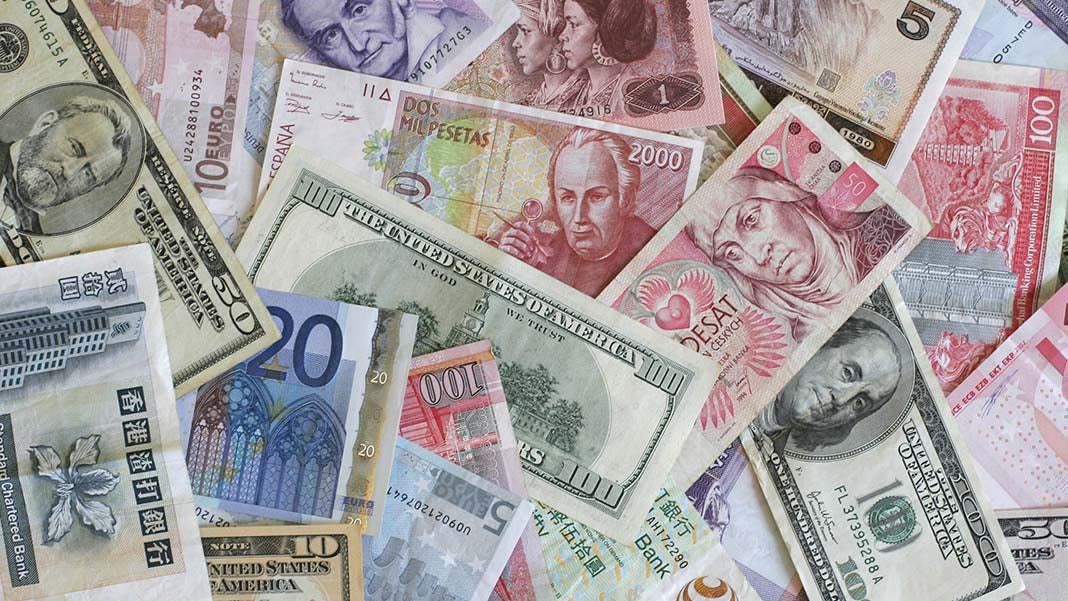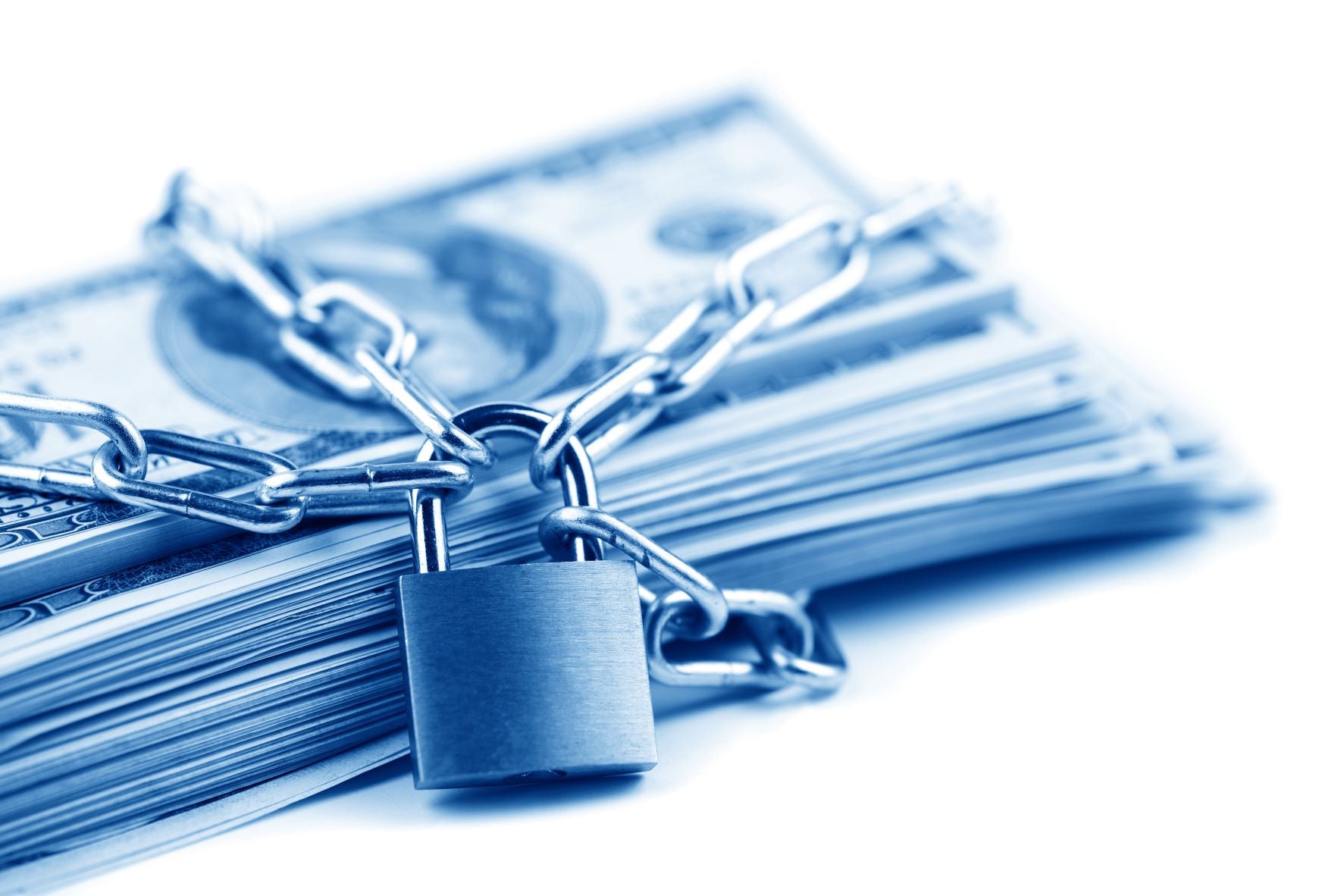
Foreign currency accounts are critical, particularly for global company owners. Despite currency fluctuation during transactions that ultimately affect how much profit the business garners, you can easily access and receive payments from foreign customers outside your geographical region with a foreign currency account.
 However, that same simplicity and comfort can make everything too simple. You can often become reckless because saved passwords, automated purchases, and passcode-free devices can expose sensitive financial data to hackers. As a result, you risk losing your money and crippling your business.
However, that same simplicity and comfort can make everything too simple. You can often become reckless because saved passwords, automated purchases, and passcode-free devices can expose sensitive financial data to hackers. As a result, you risk losing your money and crippling your business.
Thus, it’s important to have security protocols for your foreign currency accounts to protect them from fraud and currency fluctuations and some of them are discussed below:
- Login Using Biometrics
Passwords are one of the most vulnerable security measures. Hackers can intercept passwords that have been stored in your browser, and they can also guess passwords based on your habits. So, instead of using a password or an I.D. to log in to your accounts, try scanning your fingerprint or employing facial-recognition technology to increase the security of your bank accounts. It may also be more convenient and smoother than entering lengthy passwords or security responses.
You should be able to set up a biometric login of some kind (such as a Face ID login or a fingerprint) for all of your foreign business banking accounts, depending on the capabilities of your device. This way, only you can access these accounts, and there won’t be cases of theft.
- Use A Secure Digital Bank
 Some companies use digital banks to hold their foreign currency accounts and transfer funds between them and their domestic account. Digital banks such as Airwallex offer many advantages over traditional brick-and-mortar banks, including lower fees and faster transactions. They also have fewer physical locations than traditional banks, which means there’s less risk of robbery or theft from an employee who has access to the bank’s cash reserves.
Some companies use digital banks to hold their foreign currency accounts and transfer funds between them and their domestic account. Digital banks such as Airwallex offer many advantages over traditional brick-and-mortar banks, including lower fees and faster transactions. They also have fewer physical locations than traditional banks, which means there’s less risk of robbery or theft from an employee who has access to the bank’s cash reserves.
When using digital banks, the first thing you should look at is their security measures. The institution should use modern technology to provide customers with a secure online banking experience. For example, it should allow you to link your phone or email to your foreign accounts, and you get notifications when any activity is done on the account. Additionally, secure digital banks operate on code that can be incorporated into other programs such as cloud accounting systems as digital signature and contract administration systems.
- Keep Minimum U.S. Dollars Balance
When your business operates in multiple foreign currencies, it’s essential to protect your business account from currency fluctuations. You should first set a minimum U.S. dollar balance requirement for your account — or ask for one from your bank. It will help ensure that you’ll have enough funds if the foreign currency exchange rate swings against you and wipes out your account balance (which can happen).
It’s recommended to keep at least 20% of the total deposit amount in U.S. dollars if your account has a USD$100,000 balance. You should keep at least USD$20,000 at all times so that if there’s an issue with the foreign currency exchange rate or any other problem, you’ll still be able to pay your bills with U.S. dollars without selling off any assets or incur additional costs associated with foreign exchange fees or rates. It will also help ensure that your business has enough funds to operate and make payments on time.
- Enable Multi-Factor Authentication
It’s normal for fraudsters to try to access your account through cyberattacks such as phishing attacks, social engineering attacks, and others. If they are successful, they’ll get your login details and steal your funds. Therefore, you need to prevent this by enabling two-factor authentication. It works by requiring a secondary form of verification, such as a text message or phone call, when someone attempts to log into an account. It ensures that even if your password is stolen, it won’t be easy for someone else to access your account.
Moreover, if you have remote employees who can access your business account or access the system, protect them by ensuring they also have multi-factor protocols set on their devices. It’s because remote employees can be a prime target for cybercriminals as their security measures are often weak compared to the in-house team.
- Set Up Fraud Detection Tools
Fraud detection tools can help you monitor your foreign currency accounts for suspicious activity to react quickly to any issues. Here are some tips for getting the most out of these tools:
- Set up alerts for unusual activity. Fraud detection tools can flag suspicious activity and send alerts to your phone or email. It means you’ll immediately know if there’s an issue with one of your accounts, so you can take steps to secure it from further damage.
- Monitor all accounts equally. It’s necessary to monitor all of your foreign currency accounts equally — otherwise, criminals who target one account could steal money from other accounts without anyone noticing until it’s too late.
- Use encryption technology. Encryption protects data from unauthorized access by scrambling it into an incomprehensible code. Even if someone does gain access somehow, they won’t be able to read any of your sensitive information without the appropriate decryption key.
When you get notified of any suspicious activity in your account that you didn’t initiate, you can take the necessary steps, such as changing passwords or adding another layer of security.
- Comply With Banking Laws
Banks are one of the most common targets for cybercriminals, and the theft of their funds is a major concern for businesses.
Banking laws require companies to verify the identity of customers and report any suspicious activity or transactions to regulators. Banks also need to know where customers are based on complying with anti-money laundering regulations.
Businesses that accept international payments need to be aware of these requirements and ensure they meet them. It may mean setting up proper Know Your Customer (KYC) processes and appointing someone responsible for monitoring transactions and flagging any suspicious behavior.
Conclusion
Having foreign business accounts is a plus in today’s corporate world, where running a global business is the in thing. But with the benefits of a foreign currency come several exposures to threats and financial data breaches. The strategies in this article will help you secure your foreign currency account, ensuring that you safely stay in business with foreign customers while minimizing any inevitable currency fluctuations.
Author: Mark Harris is a foreign financial expert. He’s in the know of foreign exchange and currency. As an expert in the field, he accepts consultation about account security protection. In his spare time, Mark loves mountain climbing with his dog.
1349 Views












